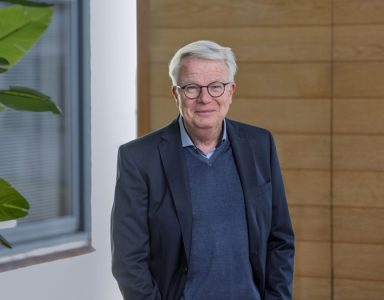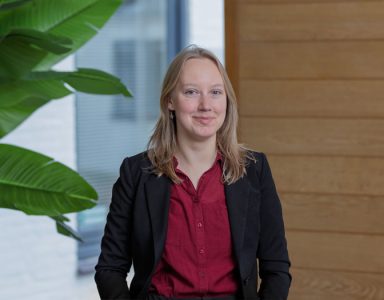Amsterdam UMC – Prof. Dr. R.D.M. Steenbergen
“Early cancer detection” – For women, with women
Summary of the project
Cervical cancer is the most common gynaecological cancer affecting 640.000 women worldwide, and 900-1000 women in the Netherlands annually, placing a significant burden on society and healthcare. Cervical cancer could be prevented by screening programs. In the Netherlands, screening implementation is suboptimal, leading to an unnecessary high incidence of cervical cancer. This suboptimal implementation is attributable to low screening participation (participation rate: 50-60%). With significant lower participation rates of 30-40%, Turkish/Moroccan and Caribbean/Surinamese women are overrepresented in the group of non-participants. Cervicovaginal self-tests were introduced to increase participation but are only used by a minority, due to lack of trust and low self-efficacy expectations. This project aims to increase the efficiency and effectiveness of current screening approaches by lowering participation barriers using innovative technologies, thereby reducing inequalities.
The Plan of Work
The interdisciplinary work packages combine studies on improving screening participation by a bottom-up approach with women themselves (WP1) with studies on cervical (pre)cancer detection in urine (WP2), and the development of a highly innovative lab-on-a-chip for early cervical cancer detection (WP3), which together will culminate in an acceptance and cost-effectivity study of the developed screening approach (WP4). Using co-creation, all relevant actors act as ‘citizen scientists’ and together with stakeholders and private partners actively participate in 4WWW. Through this simultaneously technologically advanced and socially empowering approach, a novel screening approach aiming at 25% increased participation and less cervical cancer will be developed. The societal, healthcare, and technological advances of 4WWW will boost further health-technology developments, and contribute to a healthier society and economy.
Help and support by Hezelburcht E+M
- Analysis of the pre-proposal
- Meetings with core team
- Preparing kick off + Present during the kick-off meeting
- Writing text parts (related to outputs, outcomes, impacts)
- Review of the draft version
- Review final draft version
- Review of rebuttal
- Interview training
Main parties in the project
- Main applicant: Prof.dr. R.D.M. Steenbergen, Amsterdam UMC
Consortium members
- University of Twente
- Antoni van Leeuwenhoek/Netherlands Cancer Institute
- Amsterdam UMC, location VUmc
- Vrije Universiteit Amsterdam
- Antoni van Leeuwenhoek/Netherlands Cancer Institute,
- UMC Utrecht/Julius Centrum
Co-funders
- 4 Selfscreen
- Novosanis
- Demcon
- Micronit
Collaboration partners
- RIVM
- Dokters van de wereld
- Vrouwenkliniek Zuidoost
- Stichting Olijf
- General practitioner(s)
- Churches and mosques in Amsterdam, Almere, and Rotterdam
- Hogeschool (Applied University) Saxion
- Health insurance
- OLVG Amsterdam
- Tergooi Hospital Blaricum
Grant scheme
Demand-Driven Partnership NWO-KWF Dutch Cancer Society Early Detection of Cancer; Knowledge and Innovation Agendas Health and Care
Total grant
The total grant ammount is € 1,128,327
Website
https://www.nwo.nl/nieuws/kwf-kankerbestrijding-en-nwo-financieren-innovaties-voor-kankerdetectie




